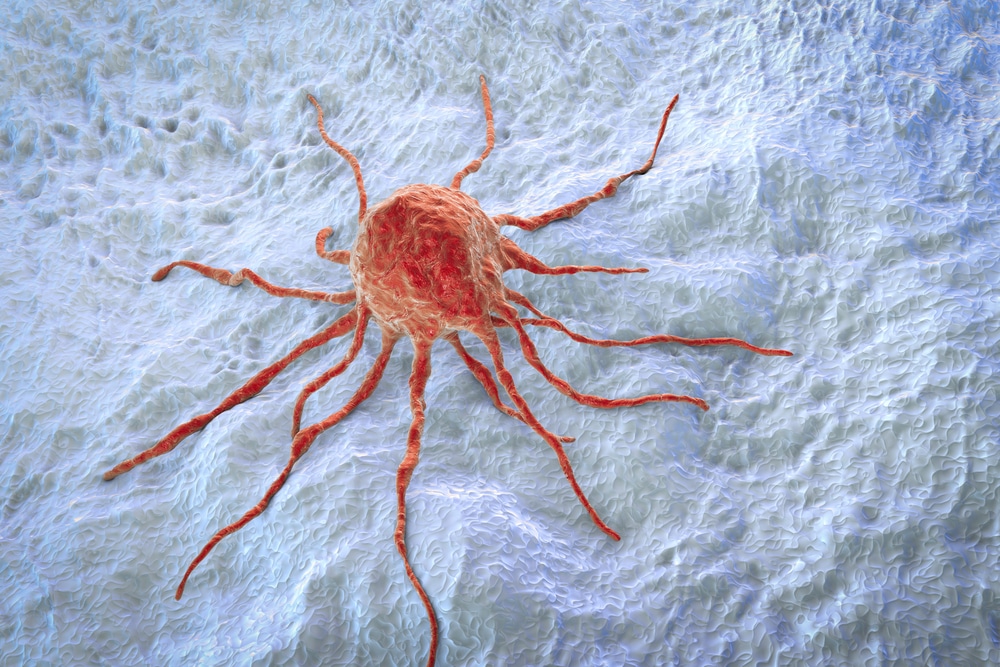LIfT BioSciences announced today (September 14) that its cell therapy has shown tumor destruction across five different solid tumor types in tumoroid models.
The N-LIfT cell therapy destroyed on average more than 90% of the tumoroid in a PDX organoid across five of the most challenging to treat solid tumor types. A PDX organoid is an in vitro model generated from patient tumor tissue that has been previously passaged into murine models for expansion.
Tumor types
These tumor types included bladder cancer, rectal cancer, colorectal cancer, gastric cancer and squamous cell non-small cell lung cancer.
The N-LIfT results showed four days of potent cytotoxicity against a range of high unmet need tumor types, including those that were unresponsive to chemotherapy. The results build upon findings announced in March 2022, which showed potent tumor cell killing with N-LIfT in a lung tumoroid model (SC-NSCLC), with significant superiority over current standards of care, Keytruda and Cisplatin.
Alex Blyth, chief executive officer of LIfT BioSciences, said: “Targeted therapies often fail because tumors adapt, and they don’t. We are very encouraged by these data which showed that, on average, our unique N-LIfT cell therapy destroyed over ninety percent of the tumoroid.
Saving lives
“The data adds further credence to our stated mission to develop a cell therapy platform that has the potential to destroy all solid tumors irrespective of type or how it adapts. We continue to be bold and do things differently, and to therefore get excitingly different results that we hope will go on to save many patients lives.”
The PDX tumoroids were derived from different patient tumor cells and provide an alternative efficacy indicator model to the mouse model, with retrospective data in solid tumor therapies. These went on to clinic showing tumoroids have 81-87% predictive power of how the therapy goes on to perform in the clinical trials in solid tumors, some ten times the predictive power seen in mouse models.
Innate cell therapies
LIfT has now managed to show positive results using a special type of partially humanized mouse model to enable N-LIfT to work in mice. However, the company say it’s official position is that mouse models are of limited value in faithfully assessing the efficacy of modern world of human allogeneic innate cell therapies, and that new organoid and organ-on-a-chip models are the future.
Neutrophils have long been recognized as crucial mediators of innate immunity, they provide the first line of defense against invading microorganisms and threats, capable of mobilizing innate and adaptive responses to return to homeostasis.
LIfT Biosciences says it is harnessing the innate properties of a special type of Immuno-Modulating Alpha Neutrophil (IMAN) that exhibits not only exceptional cytotoxicity but also have the ability to positively immunomodulate tumor environments and the patient’s immune system to help to destroy even challenging solid tumors.
N-LIfT cells are specially manufactured to differentiate in vivo into IMANs that have the potential to overcome hurdles encountered by other cell therapies in the treatment of solid tumors.
Tumor micro-environment
This is because they are allogeneic, straightforward to scale, cost effective and off-the-shelf, innate antigen-independent mechanism-of-action, actively recruited into the tumor micro-environment, stable and capable of overcoming immunosuppressive tumor microenvironments and capable of orchestrating patients own anti-tumor immune responses.
LIfT BioSciences is the only biotech company in the world with a Neutrophil Based Cell Therapy Platform. It is completing its pre-clinical data package now as it prepares to move into clinical trials at the end of next year, following their eagerly awaited series A round.
The company is now also making its patented alpha neutrophil cell therapy platform available to other companies to help to develop breakthrough therapies in other therapy areas.





